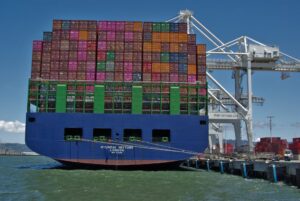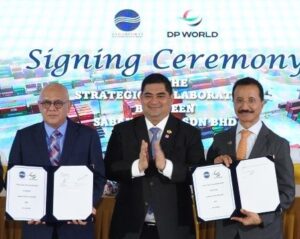Japanese carrier Nippon Yusen Kabushiki Kaisha (NYK) has successfully conducted the world’s first Maritime Autonomous Surface Ships trial as it steps up its efforts to make autonomous vessels a commercial reality.
In a statement, NYK said the Iris Leader, a pure car truck carrier (PCTC), a type of RoRo vessel, was navigated day and night using the Sherpa System for Real ship (SSR) navigation system during the September 14-20 voyage from Xinsha, China, to the Port of Yokohama, Japan.

Throughout the journey, the SSR’s performance was monitored as it collected data on environmental conditions around the ship from the existing navigational devices, calculated collision risk and automatically determined optimal routes and speeds and subsequently navigated the ship.
NYK says it will analyze the data and continue to develop the SSR into a more advanced navigation-support system. It will be applied to future commercial vessels, which currently face serious crew shortages.
Exclusive Paper: Japanese Ports – A Paradigm Shift Towards An Asia-Centric Economy
The SSR, according to NYK, can become a basic technology for remote and unmanned navigation, contributing to social issues through business that embodies NYK’s ‘Bringing Value to Life’ mission.
As well as that, NYK will accelerate its digitalization efforts based on the company’s medium-term management plan ‘Staying Ahead 2022 with Digitalization and Green’ will conduct development and demonstration tests of advanced operational technologies to realize manned autonomous ships.
NYK’s manned autonomous ships will make use of advanced technologies and remote support from office to support ship operation and enhance safety.









